When Briana Rodriguez faces her class of students at Marsh Elementary School, she remembers what it was like growing up in Antioch’s small-town community. She, too, used to roam the halls of Marsh Elementary before she attended Park Middle School and Antioch High School.
“What has been your rose today and what has been your thorn?” she asks the children. Some of them are too shy to answer. Others share everything from family drama to fears about academic pressure.
Within minutes, the students are preparing for meditation. As soft music plays in the background, the students close their eyes and exhale. The anxiety that came through the door suddenly leaves the room.
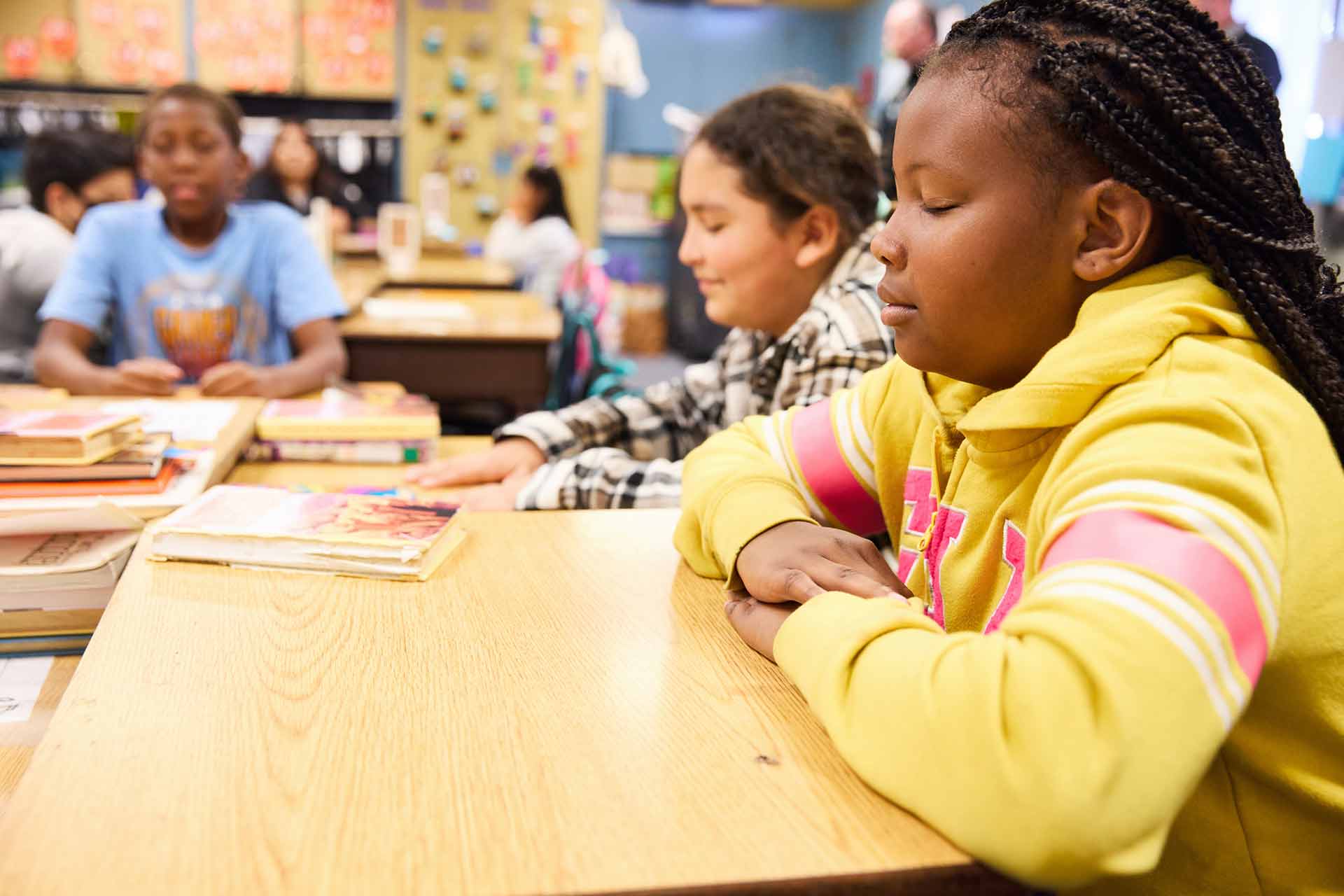
Rodriguez, a Mindful Life Project coach, leads mindfulness classes 5 days a week. She teaches whole class and small group sessions, where students are encouraged to explore social emotional skills through the arts, music, and movement. All students on the school campus have an opportunity to participate in Mindful Life Project’s whole class program. They are taught skills including self-management, empathy, positive peer relationships, and healthy decision making.
The Mindful Life Project supports the mental and emotional wellness of students, teachers, and staff through a variety of programs, including mindfulness training in pre-kindergarten through eighth-grade classrooms. Kaiser Permanente has supported the Mindful Life Project since 2017. It began funding the project in the Antioch Unified School District in 2020, most recently enabling the district to expand the programs from 4 elementary schools to 8. Kaiser Permanente also supports the Mindful Life Project at after-school programs in the East Bay and the Monterey/Salinas area.
Mindfulness matters
“The Marsh school community is very diverse,” Rodriguez noted. “Some of our students have dealt with gun violence. Many rely on school to get a healthy meal. However, our students also experience a lot of joy. It’s our job to support their educational trajectory and their passions.”
Fourth-grader Devonte said these classes have helped him manage his emotions.
“I get mad easily,” he said. “But I’ve learned how to calm myself down. I’m not getting in trouble as much as I used to.”
According to Rodriguez, more and more students are asking for help. The COVID-19 pandemic resulted in many mental health struggles for local families, including job losses, social isolation, and a rise in depression.
“Now that they’re back in class, we’re teaching our students to express their emotions in a healthy manner,” Rodriguez said. “Some of our students used to shut down or they had very strong expressions, such as anger or screaming. Today, they’re learning how to manage those emotions and say, ‘I need a second. This is overwhelming in my body.’ It’s wonderful that they aren’t embarrassed to ask for support.”
Supporting youth mental health and wellness
Improving health in the communities it serves is an important part of Kaiser Permanente’s mission. Its support of the Mindful Life Project is part of its work to improve access to community and school-based mental health services in underserved communities.
Kaiser Permanente clinical psychologist Pam Orren, PhD, said studies show that mindfulness rewires the brain and decreases activity in the area of the brain most affected by trauma.
“Mindfulness changes the architecture of the brain and provides overall mental and emotional well-being,” she said.
Rodriguez stressed the long-term benefits of mindfulness training, noting that her students are learning helpful techniques that they can use at school and in life when they’re adults.
“I want students of all ages to know that we’re all humans who experience emotions,” she said, “and it’s OK to express them in a healthy manner with kindness and respect.”
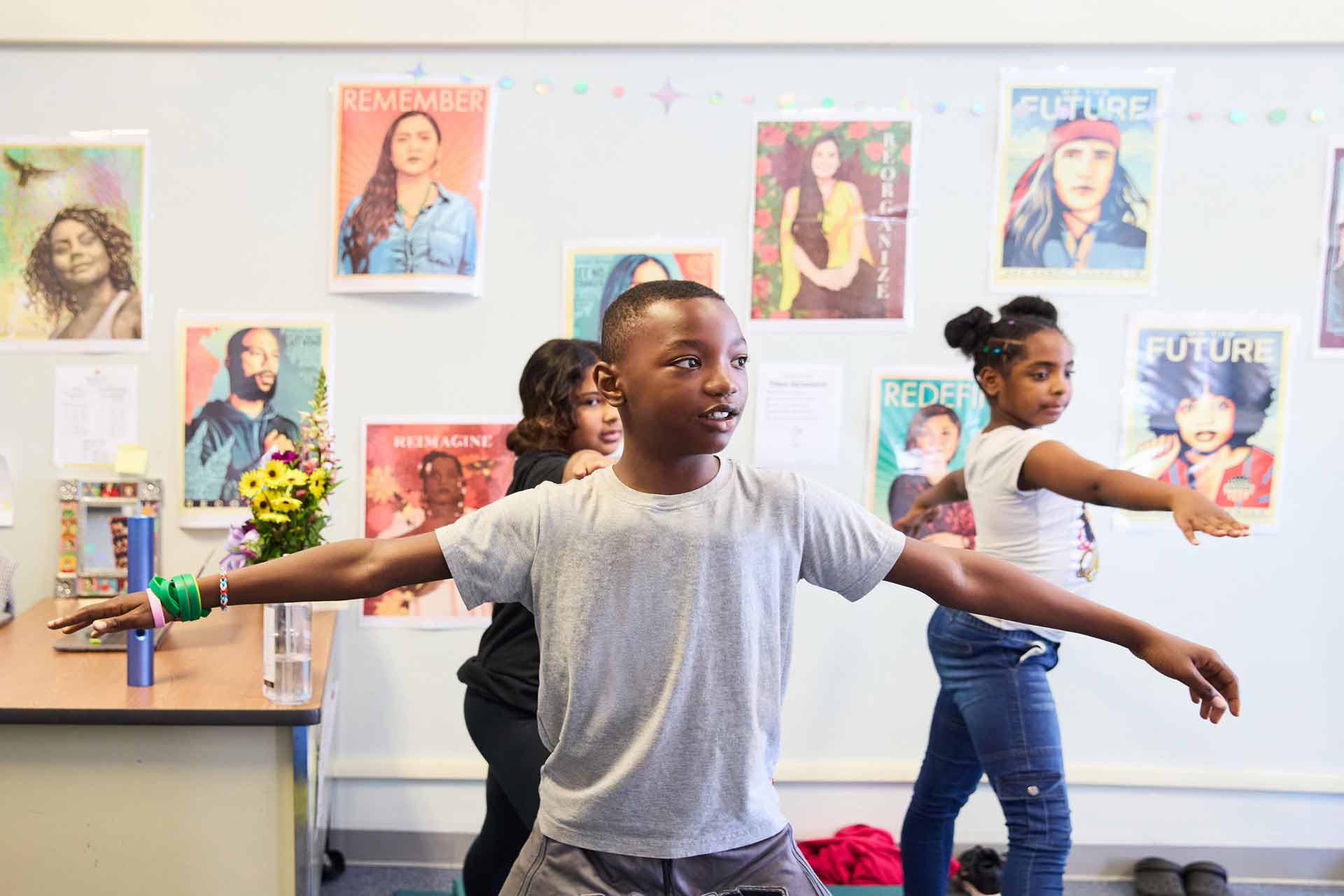
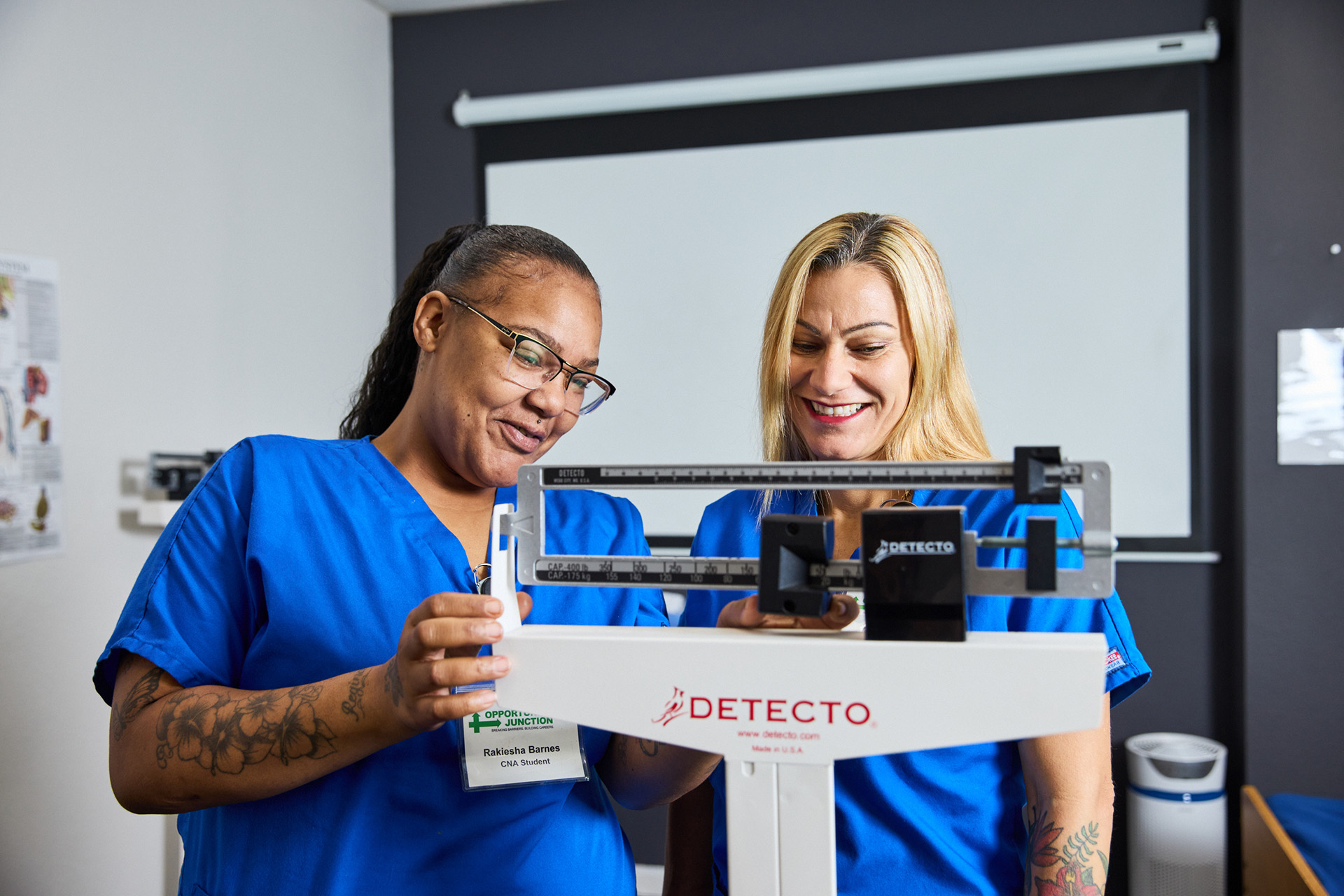
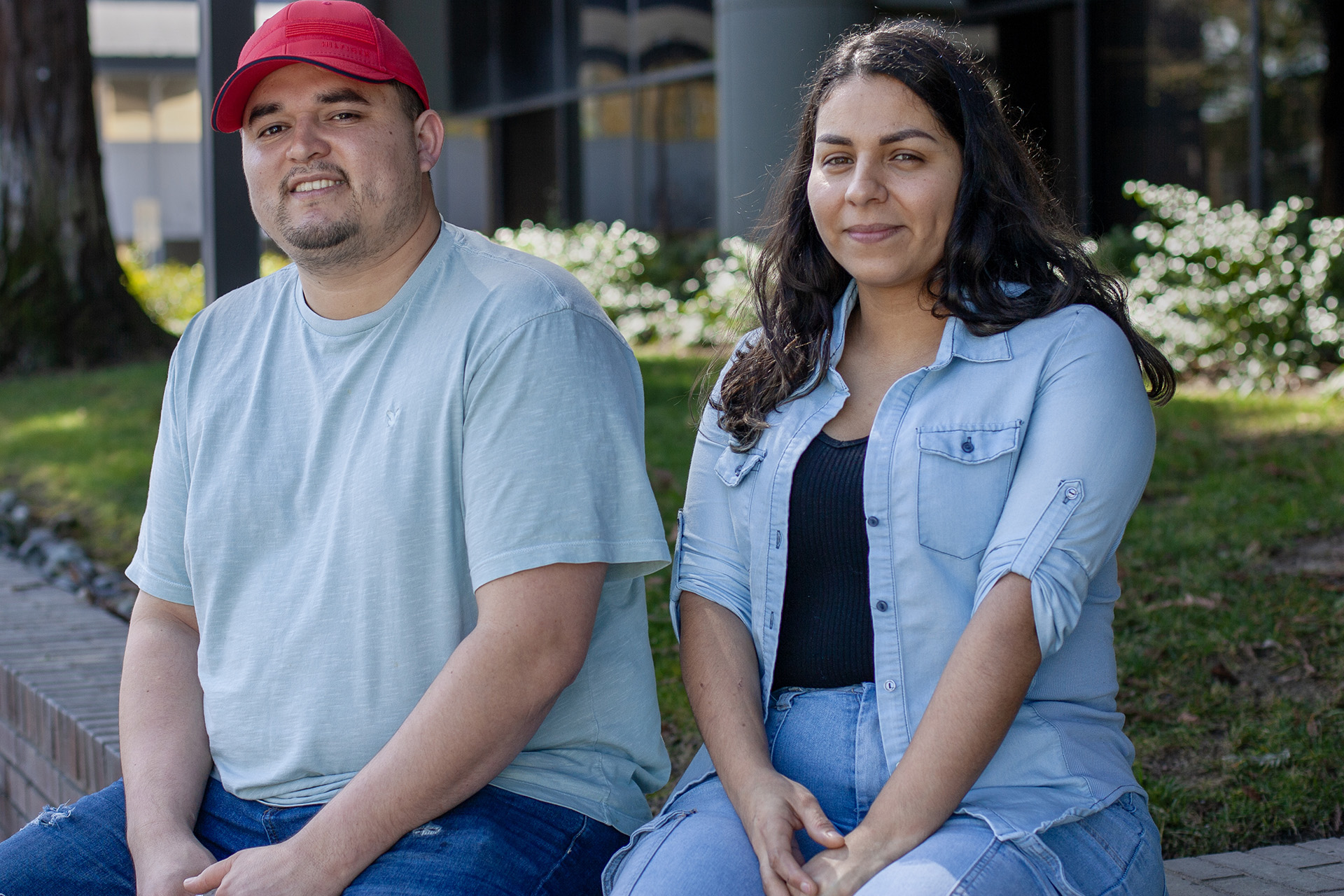
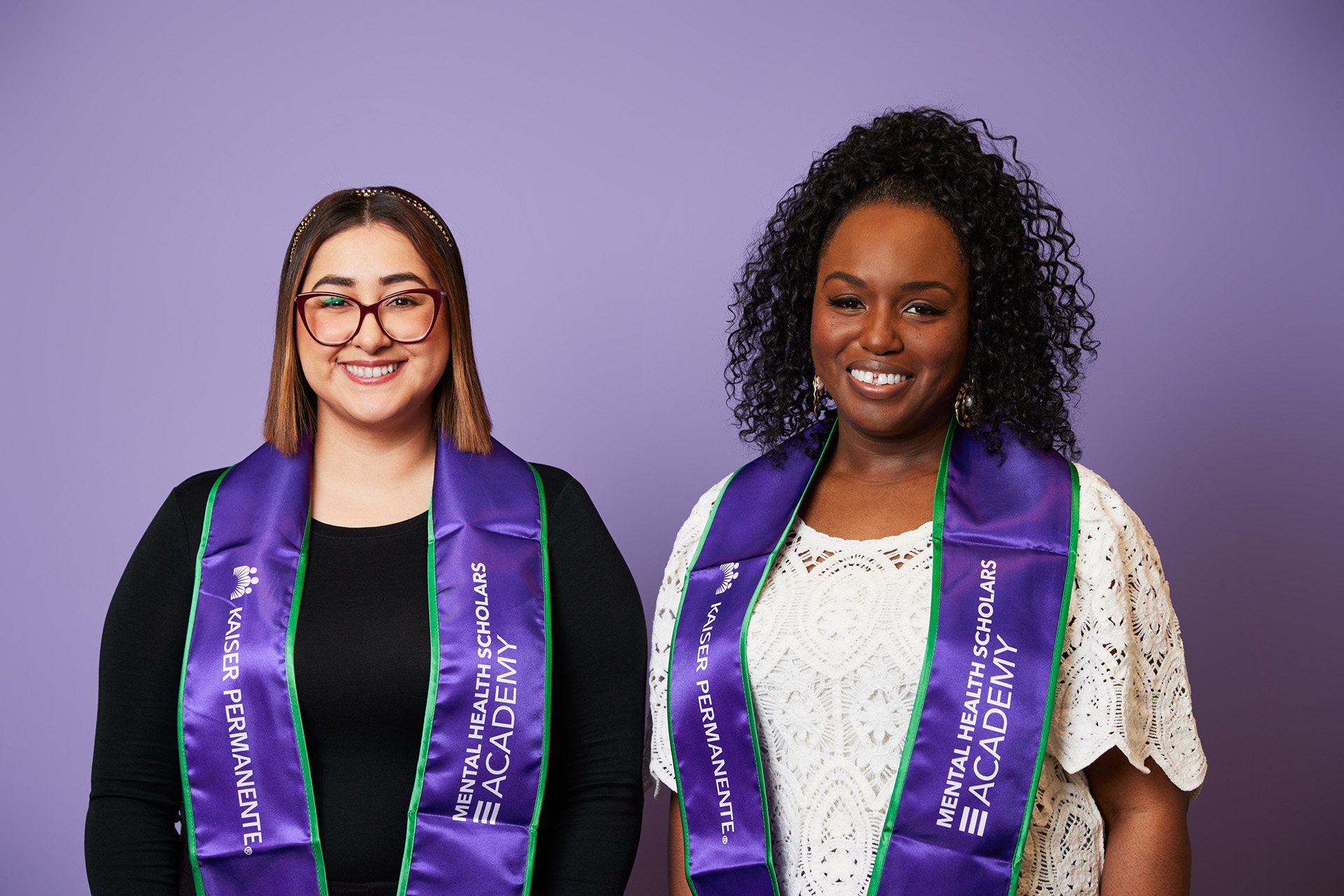
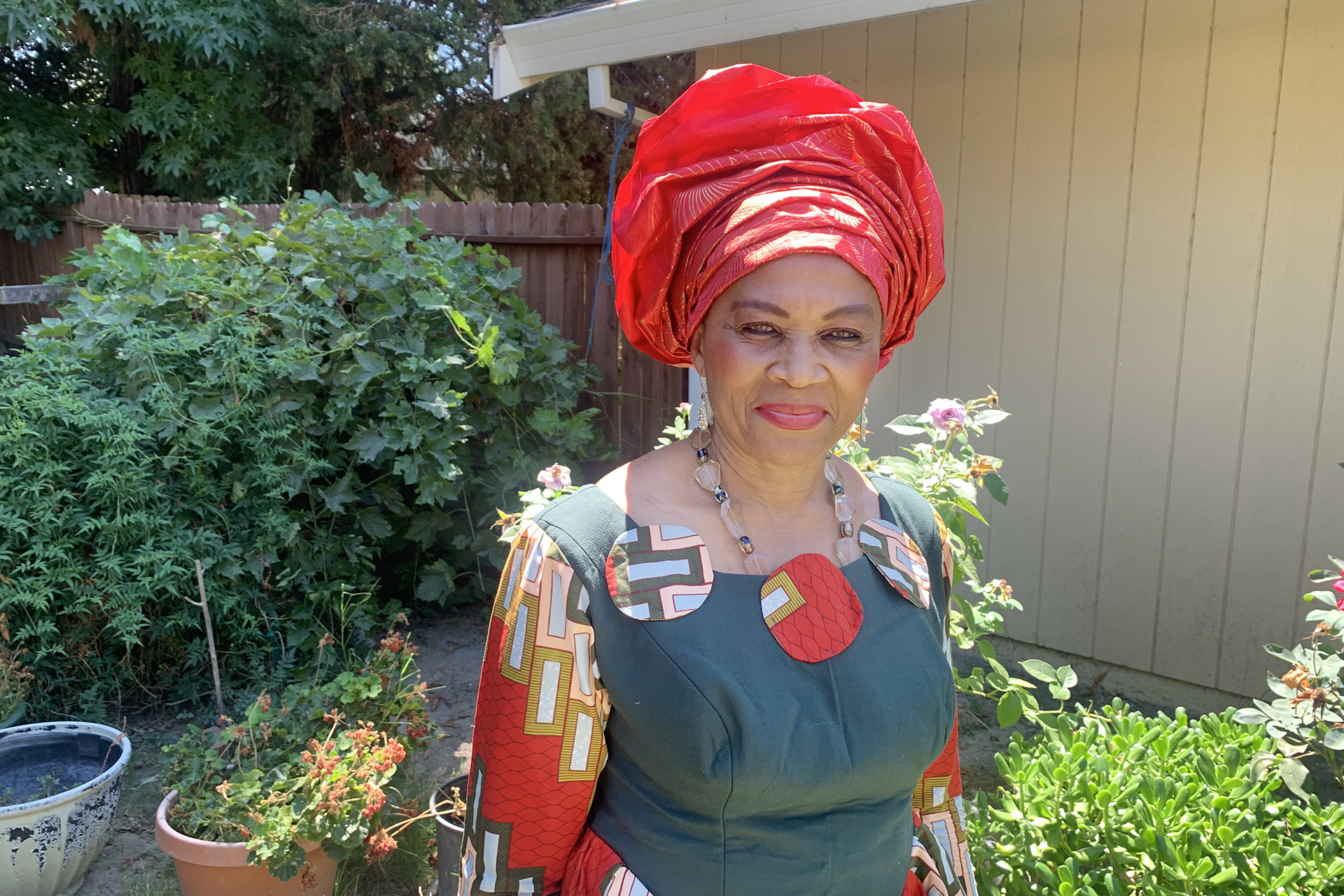
This Post Has 0 Comments